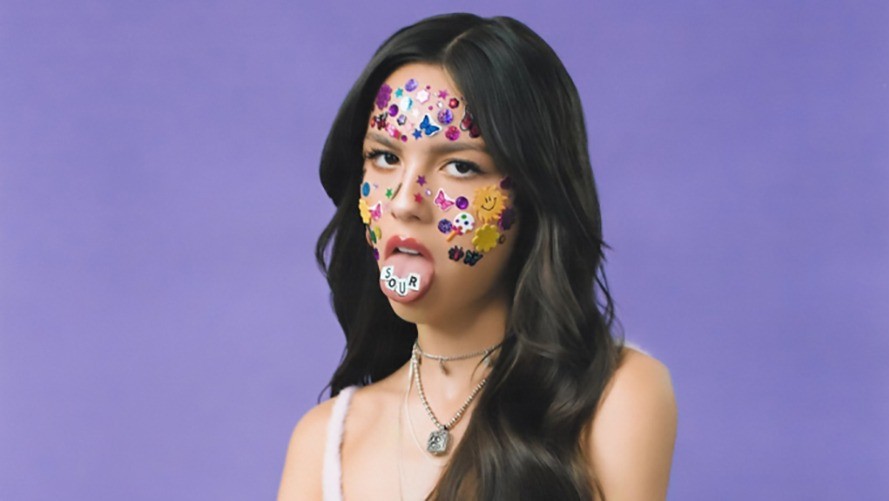When US teen pop sensation Olivia Rodriguez’s single “Good 4 U” was released in May this year, millennials around the world collectively did a double-take.
“100% rip off of Paramore,” wrote one user in a comment on Celeste Nicole’s TikTok video which satirised the similarities between Rodrigo’s number one hit with 2000s American rock band Paramore’s ‘Misery Business’.
The video received 2.2 million likes and 12.4 thousand comments. Clearly for many it’s an issue.
“My brain sings these together EVERY time,” said another.
“I’m so glad someone else made the connection.”
Since then, the teen star has been accused of plagiarising several artists in her artwork, a music video and in at least four tracks on her debut album Sour, and she’s retroactively added Paramore’s lead vocalist Hayley Willians and former guitarist Josh Farro to the writing credits of Good 4 U, as well Taylor Swift as co-writer to “Déjà vu” and “1 Step Forward, 3 Steps Back”.
The furore that it’s caused on social media has been intense, but many have also come to Rodrigo’s defence.
“It’s not stolen or copied, it’s called sampling… there are so many songs that are sampled from older songs,” wrote one user on Celeste’s TikTok video.
So what is sampling?
And is it legal?
According to Urban Dictionary, sampling is “the process of taking brief segments of sound (from a song, movie or elsewhere) and using that sound to form another sound or musical piece”.
It’s both common and legal, as veteran rock icon Elvis Costello reminded us in a tweet responding to the plagiarism claims.
Some famous songs you might not know are sampled include Vanilla Ice’s “Ice ice baby” (based on the bassline of Queen and David Bowie’s “Under pressure”), Frank Ocean’s “Close to you” (sampled from Stevie Wonder’s “Close To You”) and Wu-Tang Clan’s “C.R.E.A.M.”, which was sampled from The Charmels’ “As Long As I’ve Got You”.
Even Beyonce is no stranger to samples – she sampled Isaac Hayes’ “Walk On By” in her song “6 Inch”, which is on her award-winning album, Lemonade.
So with sampling being so common (and legal, with permissions), why are we being so hard on Gen Z?
“It’s one thing to be inspired by someone,” said one commentor on this buzzfeed article which examined the plagiarism claims.
“But when you’re actually taking things from other artists and only acknowledging it AFTER you get called out…. That’s hella sus.
“There’s a book called “steal like an artist” and it’s about how art is all inspired by other art therefore nothing is original anymore… however, there’s a fine line behind being inspired/being influenced and copying someone else’s work.”
So turns out Gen Z artists like Olivia Rodriguez aren’t exactly doing anything new, they just have to make sure to give credit where credit’s due.






